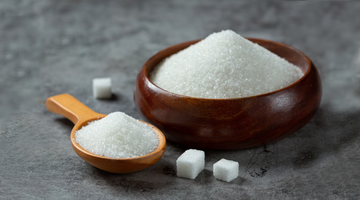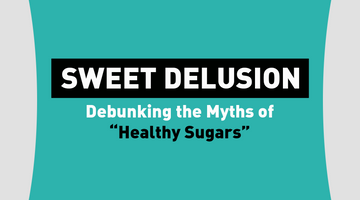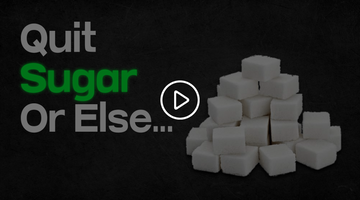Palm oil – the stuff that lurks in several food items, fuels controversy like nobody's business.
But before you grab your pitchforks and join the "Ban the Bean" brigade, let's crack open the palm nut and see what's inside.
The Good
- Productivity Powerhouse: This oil-guzzling champ yields 4-20 times more oil per hectare than its rivals, making it a champion for efficiency.
- Translation: more oil, less land used (think more rainforests standing proud!).
- Versatility Marvel: From crispy fries to fluffy cakes, palm oil's neutral flavor and creamy texture make it a kitchen chameleon.
- It's like the Beyonce of ingredients – it slays in every outfit.
- Economic Engine: Palm oil pumps up the GDP of producing countries, creating jobs and supporting local communities.
- It's like the Robin Hood of oils – stealing from greedy corporations and giving to the people (sort of).
- Shelf-Life Sultan: This oil stays fresher longer than your grandma's fruitcake, making it ideal for processed foods (though maybe not for holiday desserts).
- Think of it as the Mr. Clean of oils – keeping things squeaky clean (and tasty) for longer.
The Bad
- Deforestation Drama: Palm oil has become synonymous with deforestation, pushing endangered species like orangutans to the brink.
- Counter Argument: Given the superior yield of palm oil, it accounts for 40% of oil demand using just 6% of land under oil cultivation. To get the same quantity of alternative oils, like sunflower oil, 4x more land would be required. This would threaten even more habitats, species & communities.
- Ethical Enigmas: Land rights, labor issues, and displaced communities – palm oil's ethical baggage.
- Counter Argument: The industry has formed a group called, Round Table on Sustainable Palm Oil (RSPO), which has been actively establishing industry standards for addressing these concerns.
- Saturated Fat Saga: Palm oil packs a punch of saturated fat, which can be a cholesterol-raising villain.
- Counter Argument: Our body needs saturated fat, in moderation, to help build cells and keep our brains happy.
The Nuanced Verdict
Palm oil is a complex character, both hero and villain, depending on how you look at it. Banning it outright might create more problems than it solves.
Instead, let's strive for sustainable practices, like RSPO certification and responsible sourcing.
We can blend it with other oils, choose mindful palm brands, and be conscious consumers.
After all, a little awareness goes a long way, just like a sprinkle of palm oil in your favorite brownie recipe.
Bonus Tip: Check out Notta Sin's range of delicious snacks – they blend palm oil with sunflower oil for optimal taste and sustainability.
Think of it as palm oil redemption in a crunchy, bite-sized package!






